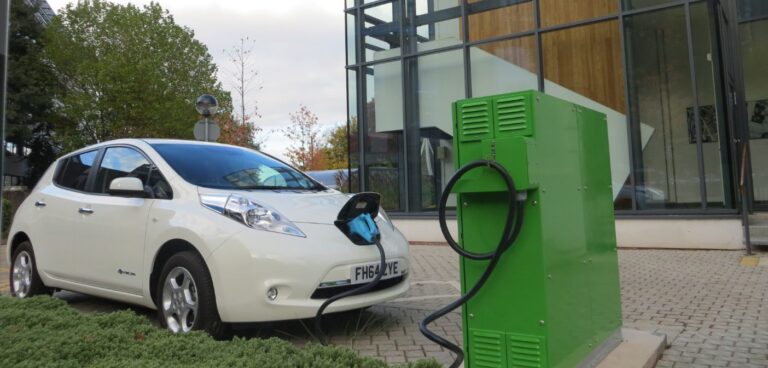Ovo Energy and Cenex have completed a three-year domestic Vehicle-to-Grid (V2G) trial, which found EV drivers in the UK could save up to £725 from their household energy costs.
The report said as V2G chargers enable drivers to discharge and sell surplus electricity from EV batteries back to the electricity grid, users could recoup the majority of home electricity costs.
Starting in 2018, the trial initially looked at 320 homes with V2G technology of various kinds, programmed to provide grid balancing services through Ovo Energy’s Kaluza smart energy platform.
On average, it was found that EV drivers with one-way smart chargers saved £120 on their annual electricity bill, with this figure rising to £340 for basic V2G charging. When the Kaluza smart platform was programmed to offer different response patterns, the savings benefit rose to up to £725.
Furthermore, participants of the trial were surveyed on their V2G concerns, reliability of the technology as well as the impact on battery life and range were common worries. The partnership said the trial “alleviated the vast majority of participants”.
However, the cost of installing necessary hardware remains high with respondents also requiring car manufacturer to do more to ensure EVs are V2G compatible.
Greg Payne, senior technical specialist at Cenex, said: “This hugely ambitious project combined experts in energy, transport, and infrastructure to develop a real-world domestic solution for V2G and install hundreds of units in people’s homes across the UK.
“The participants in the trial have really embraced the technology which shows just how far it has come in the last few years.
“I am excited with the prospect of V2G becoming more widely adopted and offering valuable energy system flexibility in the coming years.”





